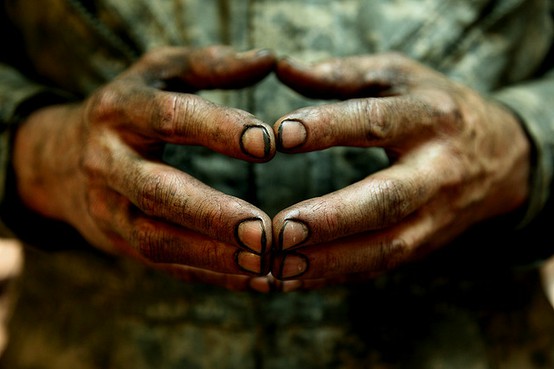 |
| Father Time to the left of me, Death to the right, here I am, stuck in the middle with you . . . |
Once past infancy the next hurdle was getting to age five alive.
After that, age ten.
As kids grow more independent, opportunities with mortal consequences were all around; by the time the kid was past the crawling out the window phase, the fell into the water bucket or the well phase it was on to the kicked in the head by a horse phase, the fell from a tree phase, or the phase where a cold turned into an ear infection that, unchecked by antibiotics, raged through the victims body til he or she died with the worst earache on record.
Heartbreaking, isn't it?
And it wasn't like anyone could relax then; the teen years brought their own new opportunities for Death to come calling.
Young mothers chanced deadly infection at the hands (literally) of a birth attendant who hadn't washed prior to their hands being up in the business of the laboring mother.
 |
| Skeeve factor: 100% |
The incidence of infection among young women was distressingly high; women died horribly, racked by fever, delirium and agonizing pain - and that shit went on for days.
Again, heartbreaking.
Young men dropped from infection as well; ear infection was the cause of death of Mary Queen of Scots first teen-aged groom.
Prince Arthur, elder brother of Henry VIII, died of a lung ailment - but likely what killed him was an infection.
Henry Fitzroy and Edward VI, both of whom were sons of Henry VIII, also died young; infection played a front and center role in their deaths.
 |
| Hi! I was the answer all along. JK, I hadn't been invented yet. |
With fever came the painful beginning of the end.
Adults had to survive plagues (bubonic plague - just NO. So gross) and 'the sweat' - English sweating sickness.
That one was probably the worst; the "English sweat" killed with ruthless efficiency.
Fine at breakfast, not feeling so good by mid-day, and dead by tea-time.
Not an exaggeration.
 |
| I don't feel so good. . . . |
 |
| Here's the bed for your imminent dirt nap. . . |
After a lifetime diet heavy on the meat (for the gentry) and ale, gout liked to move into the feet (with a focus on the toes) and take up residence.
Have a look at this:

 Diet and Gout: Purines in Food - What to Eat and ... - WebMD
Diet and Gout: Purines in Food - What to Eat and ... - WebMD


www.webmd.com/arthritis/tc/diet-and-gout-topic-overview
WebMD
The list of 'problem foods' is pretty much exactly what Henry VIII (and his courtiers) ate all day, every day.
So old people with gout faced swollen and painful joints - especially in the ankles and feet; gravity, don't you know.
They hobbled around.
It hurt a lot.
They might or might not have teeth; the common people ate less organ meat, more vegetables (those were good things!) but the less money you had, the coarser the bread you ate.

Grinding up all that chaff and oat bran eventually wore down an old person's choppers.
Once their teeth were gone the amount and type of food they could gum down was limited.
Over time, the poor(er than usual) diet furthered the ill health of the toothless, who were already susceptible to infections of the tooth socket(s) and gums.
 |
| No dental floss? No worries; no teeth! |
v e r y s l o w process.
Other than herbal remedies and warm clothes, there were no remedies.
No ibuprofen, no aspirin, no nothing.
Ouch.
And as for looking as young as they felt?
Uh, nope.
No hair dye, no face creams, no potion to bleach the liver spots on the back of their hands, no teeth (lol) whitening.
 |
| "WHEE!!! I'm FIFTY-SIX YEARS OLD!!" |
Harsh, no?
To paraphrase Indiana Jones, it wasn't the years; it was the mileage.



